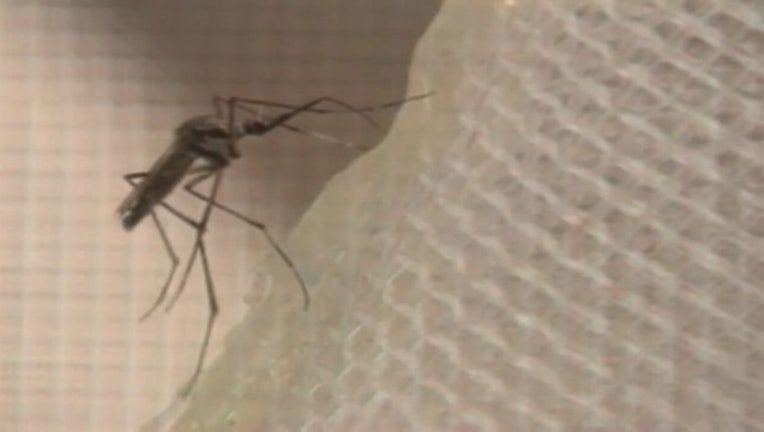1st mosquito tests positive for West Nile Virus in Oakland County

The Oakland County Health Division has released a West Nile Virus warning.
The first mosquito pool testing positive for West Nile Virus has been found in a trap set in Oakland County.
Officials say this is earlier in the summer season for a mosquito to test positive for the WNV. Oakland County residents are urged to protect themselves from the threat of WNV by taking necessary precautions.
West Nile Virus is a mosquito-borne virus that can cause inflammation and swelling of the brain. Mosquitoes are infected by biting a bird that carries the virus. WNV is then spread to humans through the bite of the infected mosquito. Most people who are infected with the virus have either no symptoms or experience a mild illness such as fever, headache and body aches. In some people, especially the elderly, it can lead to more serious disease affecting the brain tissue.
“Although no human cases of the virus have been confirmed in Oakland County this year, residents are urged to be cautious when spending time outdoors,” said Kathy Forzley, Oakland County Health Division manager/health officer. “The most effective way to protect yourself and your family against West Nile Virus is to take precautions against mosquito bites.”
Tips to prevent a mosquito bite:
- Spray clothing and exposed skin with insect repellent. Two products registered with the EPA that have shown a high degree of effectiveness are DEET and Picaridin. Always follow manufacturer's directions carefully especially when using on children.
- Minimize activities where mosquitoes are present such as shaded areas.
- Wear long-sleeved shirts and long pants outdoors.
- Maintain window and door screening to keep mosquitoes out of buildings.
- Eliminate standing water in your yard. Empty water from mosquito breeding sites such as flower pots, pet bowls, clogged rain gutters, swimming pool covers, discarded tires, buckets, barrels, cans and similar items in which a mosquito can lay eggs.
- To report a single dead bird, visit www.michigandnr.com/diseasedwildlifereporting/disease_obsreport.asp
- To report three or more dead birds call (517) 336-5030.
More information can be found on www.oakgov.com/health

